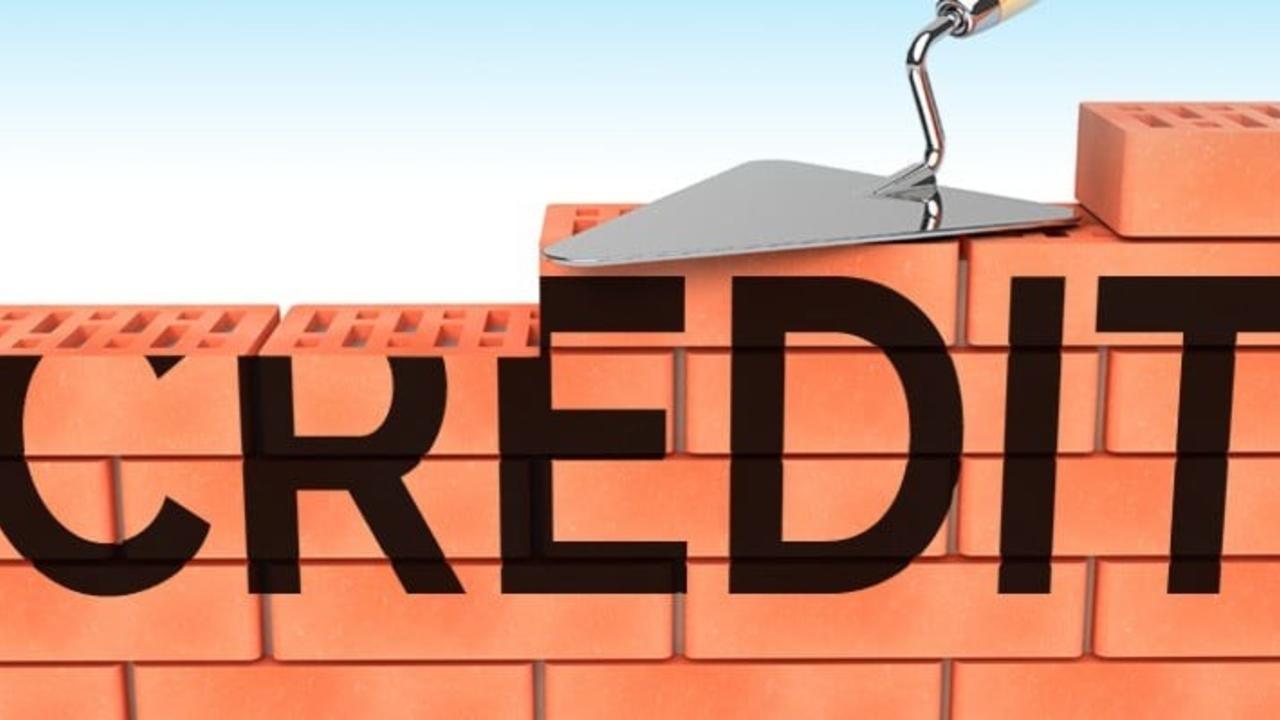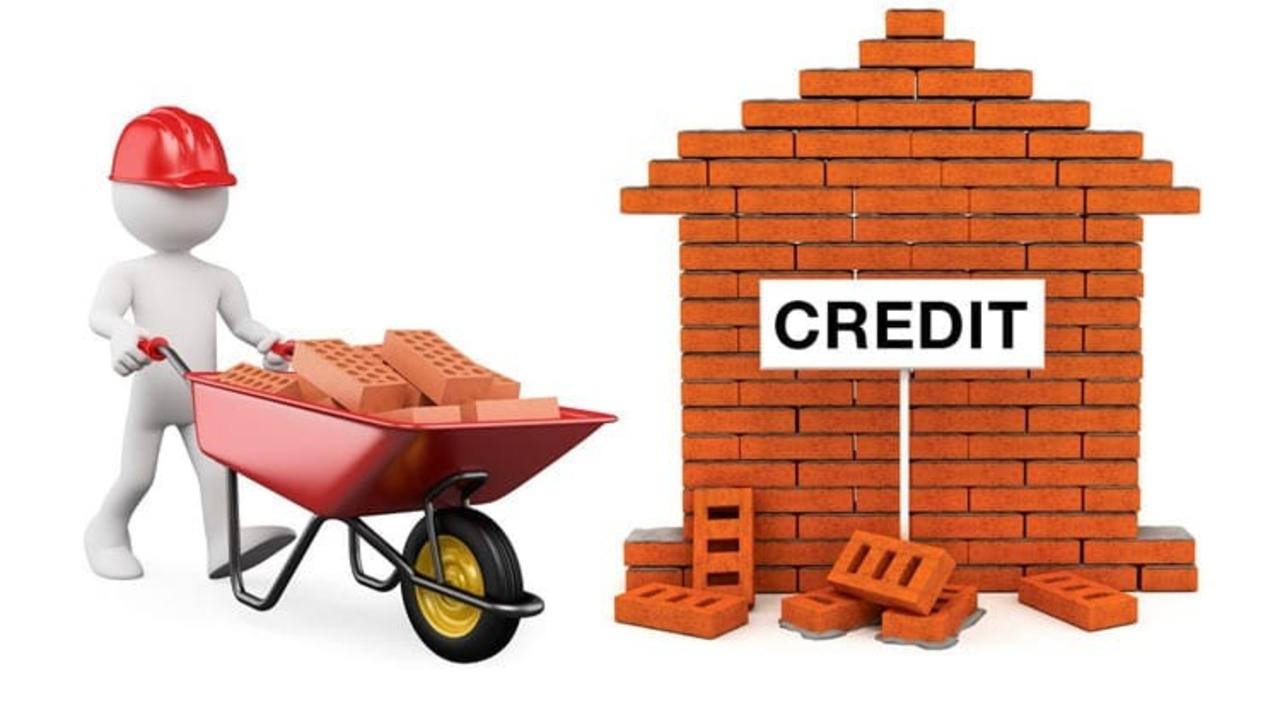How To Build Credit For Your EIN That is Not Linked to Your SSN (Part 4)

Business Credit Building Step 4: Getting Revolving Credit
After 5 trade lines are established using vendor accounts, obtaining revolving accounts is the next step. Revolving accounts are cards a business owner can use and not be required to pay the full balance owed each month. Revolving account approvals will begin coming from stores. Store revolving credit must be obtained before the business owner starts getting Visa, MC, Amex, type cards. Most stores will NOT approve a business owner for business credit unless the owner has an established credit profile and score, just like in the consumer world. Vendor accounts must be used first to establish a profile and score, then store credit can be obtained. It usually takes only 90 days or less to establish a score and profile with trade lines. Most major retail stores offer business credit accounts, although they don’t promote that they do. Major retailers including Walmart, Target, Best Buy, Amazon, Sam’s Club, Costco, Staples, Office De...
How To Build Credit For Your EIN That is Not Linked to Your SSN (Part 3)

Business Credit Building Step 2: Getting Your Business Credit Reports
Business Credit reports are offered by Experian, Dun & Bradstreet, and Equifax. You will first want to get a copy of your business credit reports to see what is being reported before you start your business credit building. You can visit www.creditsuite.com/reports to access your business credit reports with Experian, Equifax, and Dun & Bradstreet. You won’t need to get reports with all three, but you should at least have monitoring setup with Dun & Bradstreet, and possibly Experian. Smart Business credit reports from Experian cost $37-175. With these reports you can find out how many trade lines are reporting, see if you have a business credit score assigned, see if you have an active Experian Business Profile, and check on recent inquiries.
It typically takes more time to create a file with Equifax Small Business than D&B and Experian. This is because not a lot of vendors and creditors actually report to Equif...
How to Build Credit for Your EIN That is Not Linked to Your SSN (Part 2)

Business Credit Building Step 1: Building Your Business Credibility
The perception lenders, vendors, and creditors have of your business are critical to your ability to build strong business credit. Before applying for business credit a business must ensure it meets or exceeds all lender credibility standards. There are over 20 credibility points that are necessary for a business to have a strong, credible foundation. It is very important that you use your exact business legal name. Your full business name should include any recorded DBA filing you will be using. Ensure your business name is exactly the same on your corporation papers, licenses, and bank statements. You can build business credit with almost any corporate entity type. If you truly want to separate business credit from personal credit your business must be a separate legal entity, not a sole proprietor or partnership. Unless you have a separate business entity (Corporation or LLC) you might be "doing business" but yo...
How to Build Credit for Your EIN That is Not Linked to Your SSN (Part 1)

Business Credit is a credit that is obtained in a Business Name. With business credit the Business builds its own credit profile and credit score. With an established credit profile and score, the business will then qualify for credit. This credit is in the business name and based on the business’s ability to pay, not the business owners. Since the business qualifies for the credit, in some cases there is no personal credit check required from the business owner. There are a ton of benefits that business credit provide including that a credit profile can be built for a business that is completely separate from the business owner’s personal credit profile. This gives business owners DOUBLE the borrowing power as they have both Personal and Business credit profiles built. Business credit scores are based only on whether the business pays its bills on time. A business owner can obtain credit much faster using their business credit profile versus their personal credit profile. Approval lim...



